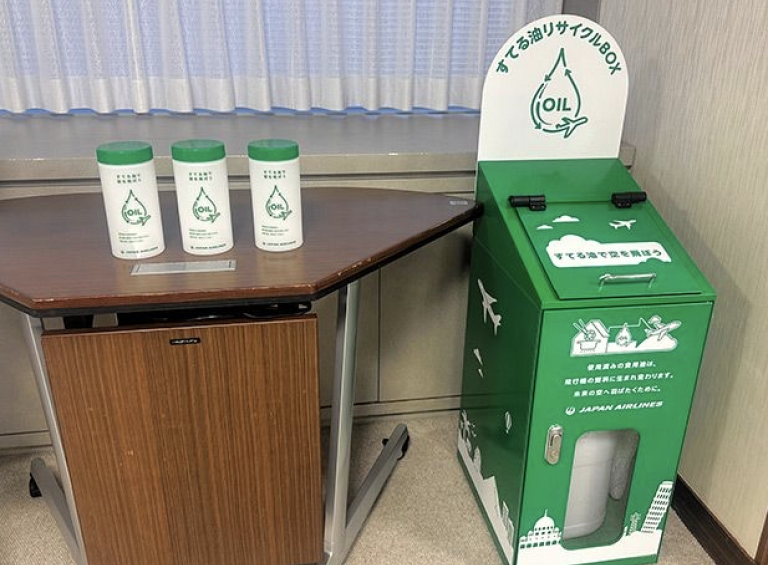
February 17, 2026
Japan’s Cosmo Oil has signed an agreement with the city of Shimonoseki to collect used cooking oil (UCO) from households and businesses and convert…
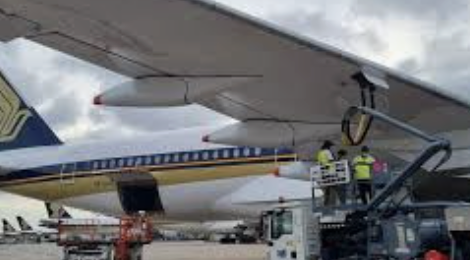
February 1, 2026
Singapore has launched its first voluntary, nationwide Sustainable Aviation Fuel (SAF) pooled procurement pilot, marking a key step toward implementing SAF-related policies. The initiative…
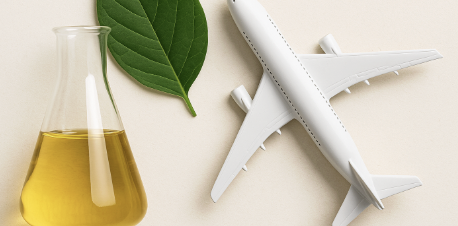
January 29, 2026
Europe’s growing political and economic instability is emerging as a decisive — and largely negative — variable for the future of Sustainable Aviation Fuel…
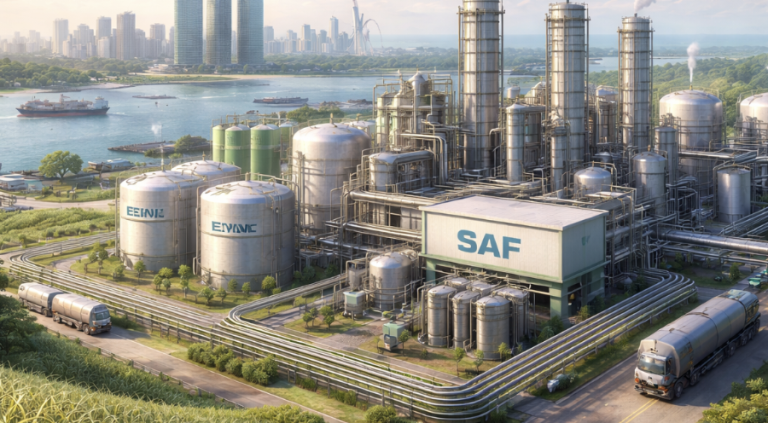
January 29, 2026
Keppel Ltd. has announced a strategic partnership with Aster to jointly assess the development of one of Asia’s first commercial-scale ethanol-to-jet (ETJ) sustainable aviation…
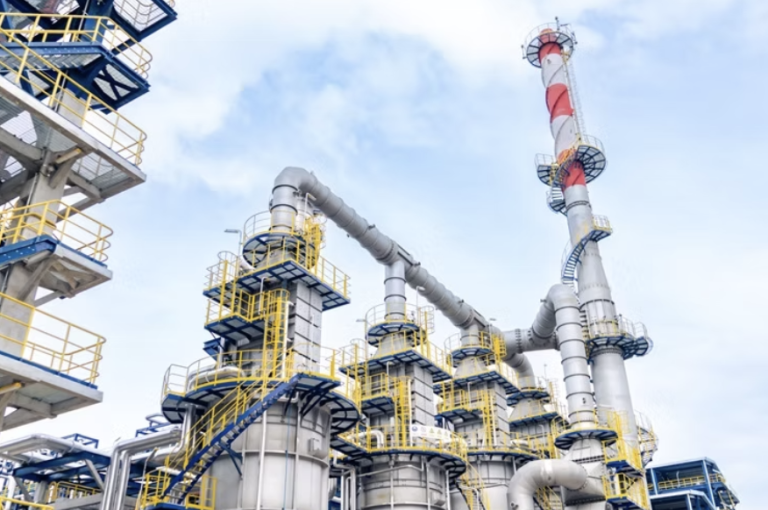
January 26, 2026
EcoCeres Inc. officially inaugurated its sustainable aviation fuel (SAF) production facility on Jan. 26 in Pasir Gudang, Johor, Malaysia, marking a landmark moment as…
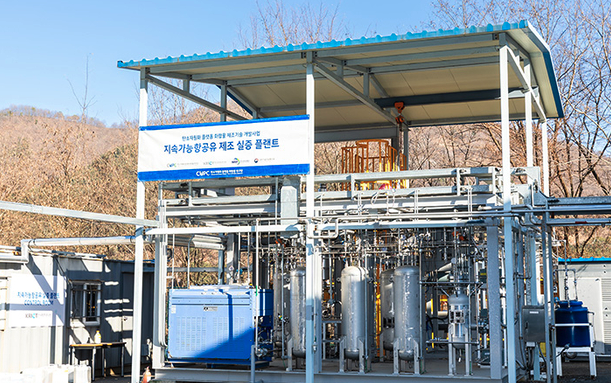
January 25, 2026
A Korean research team has successfully demonstrated an engineering pathway to produce Sustainable Aviation Fuel (SAF) from landfill gas generated by food waste and…

January 24, 2026
At the World Economic Forum in Davos, a panel on clean fuels highlighted challenges in scaling sustainable aviation fuel (SAF), with executives urging the…
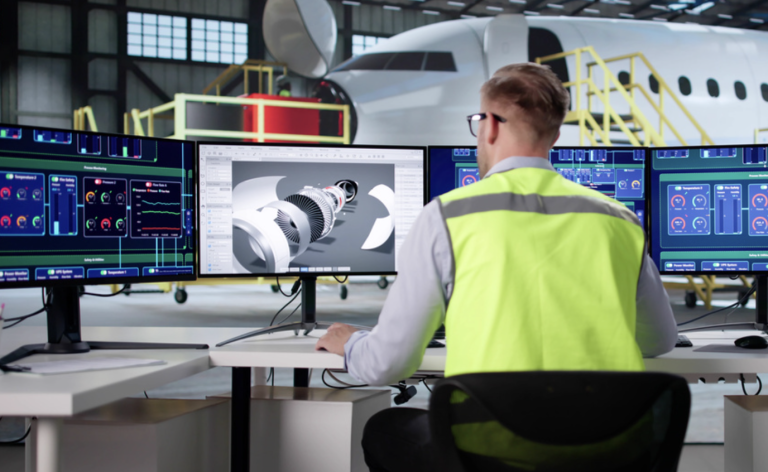
January 21, 2026
On January 20, 2026, the UK government announced £43 million in funding for green projects aimed at supporting the aviation sector, protecting jobs, and…
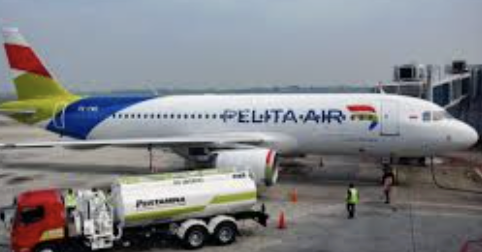
January 20, 2026
Indonesia is preparing to introduce mandatory use of Sustainable Aviation Fuel (SAF) in its aviation sector, with initial implementation expected in 2026 or 2027…
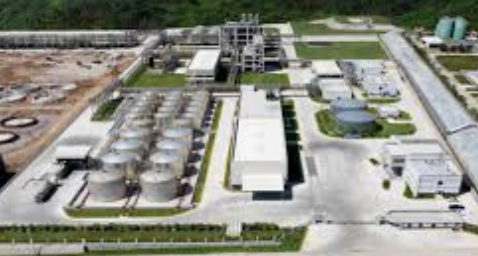
January 19, 2026
On January 19, Zhuoyue New Energy announced via its official WeChat account that its subsidiary, Zhuoyue New Energy (Thailand) Co., Ltd., recently held a…










